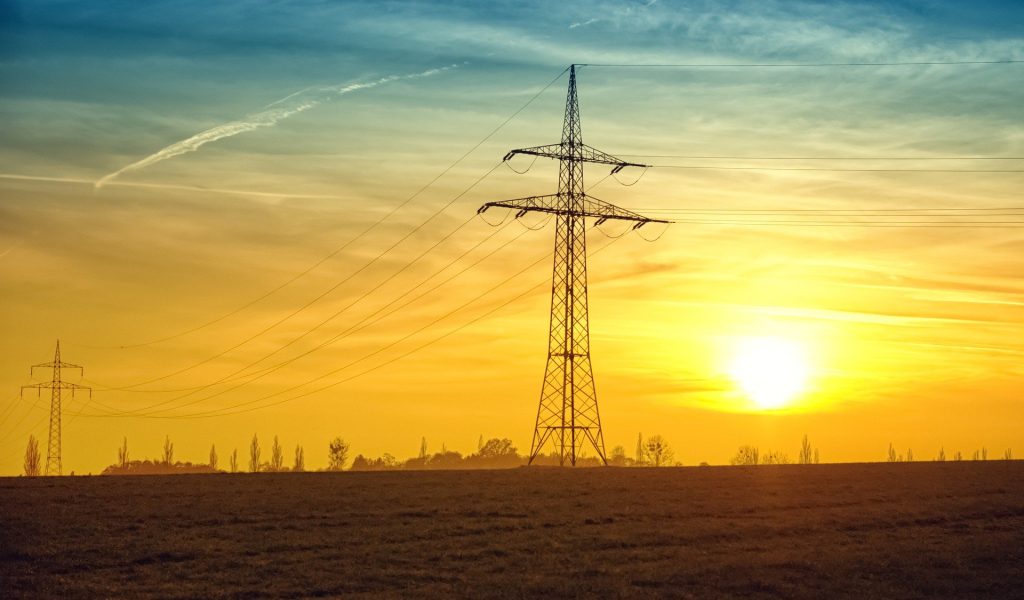Sakeliga has sent a report on value-for-money state procurement to the Minister of Electricity, Kgosientsho Ramokgopa which, if followed, could reduce the need for load-shedding by up to three stages.
This follows after the minister stated in a recent interview, that non-value-adding intermediaries are causing supply chain delays that add, on average, three stages of load-shedding.*
The prevalence of non-value adding intermediaries was to be expected given Eskom’s history of prioritising BEE-based and local content-based preferential procurement, which prioritises the interests of intermediaries above those of electricity users. Sakeliga’s report explains the non-value adding intermediary phenomenon and how to avoid it by building on our victory last year in the Constitutional Court regarding preferential procurement.
In sharp contrast to the historic misconception that state entities are bound to invariably implement preferential procurement policies, neither the Constitution nor the PPPFA imposes such a requirement. The apparent “requirement,” in other words, is a political, not a legal one.
If Ramokgopa is serious about getting rid of non-value adding intermediaries, he would help Eskom get rid of BEE-based and local content-based preferential procurement.
Sakeliga’s report explains how a state entity can immediately improve its procurement processes, by 1) respecting the Constitutional Court judgement in Sakeliga’s favour against Pravin Gordhan’s unlawful 2017 BEE-based and local content-based Preferential Procurement Regulations; and 2) exercising its constitutionally mandated discretion to prioritise 60 million people and waive preferential procurement where it benefits a favoured clique of intermediaries at public expense.
It would do Ramokgopa and Eskom well to heed the call of the Zondo Report. In part 1 of its report, the Zondo Commission asks about preferential procurement: “Is it the primary intention of the Constitution to procure goods at least cost or … to prioritize the transformative potential identified in section 217(2) [of the Constitution]?” The Commission answers as follows: “Ultimately in the view of the Commission the primary national interest is best served when the government derives the maximum value-for-money in the procurement process and procurement officials should be so advised.”
*As reported by the Daily Investor (https://dailyinvestor.com/business/19361/eskom-middlemen-cause-3-stages-of-load-shedding-ramokgopa/) and as expressed by Ramokgopa in a recent eNCA interview (https://youtu.be/8yarXzR8otA?t=488).

